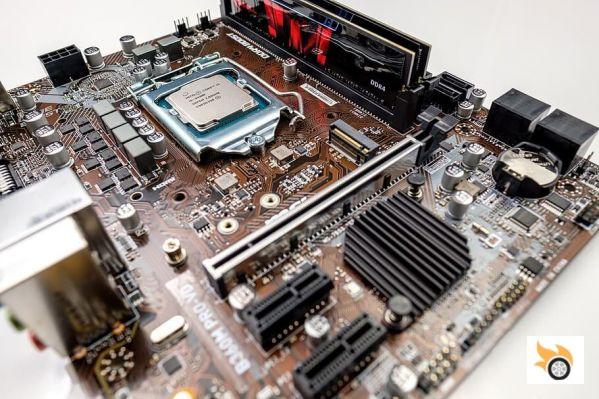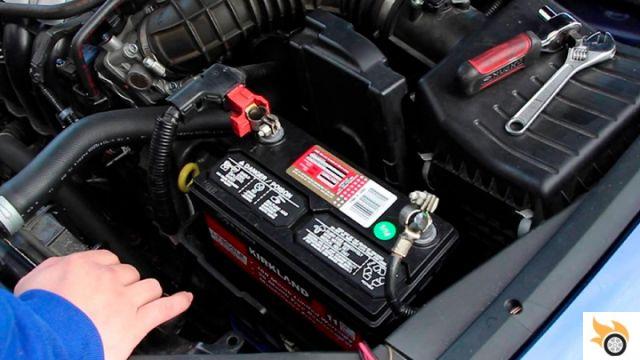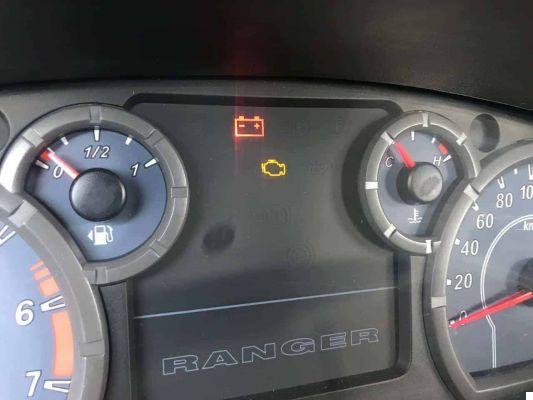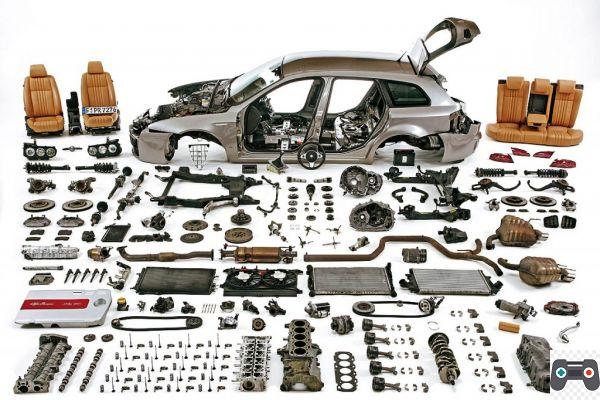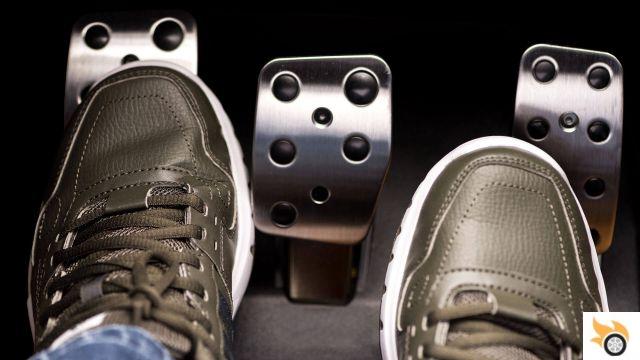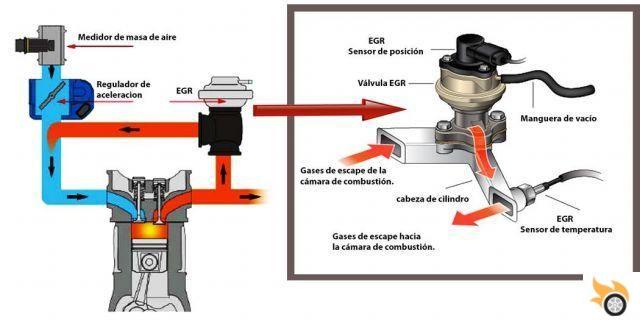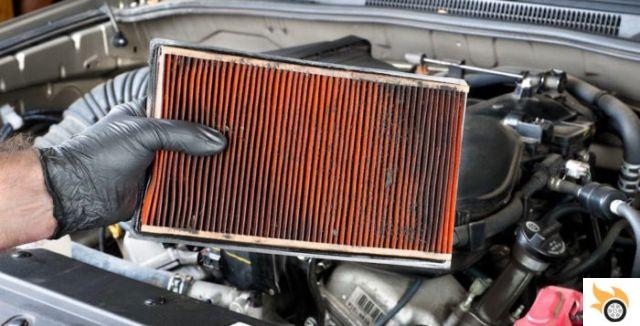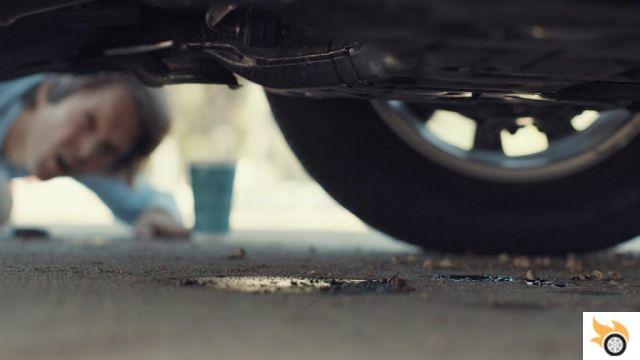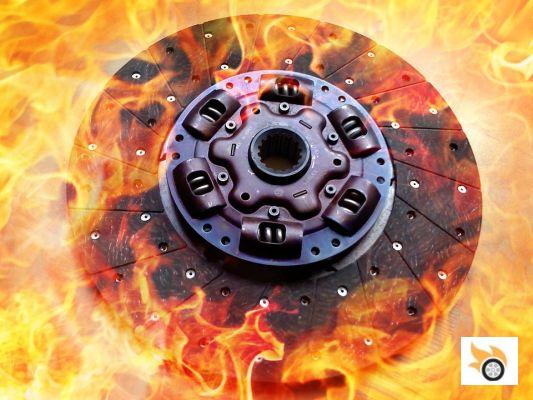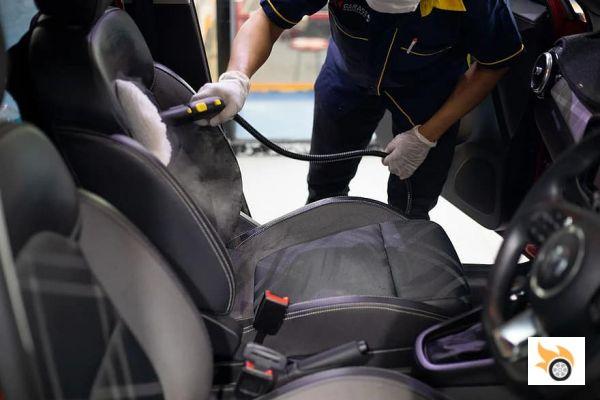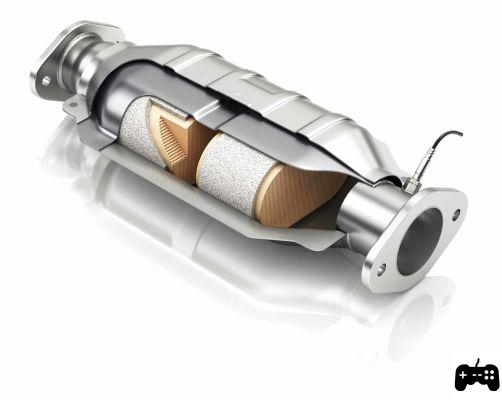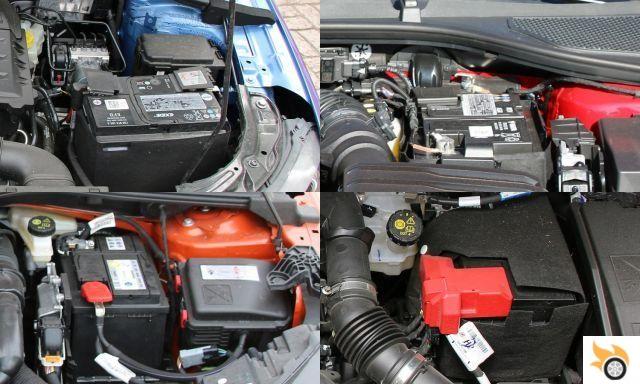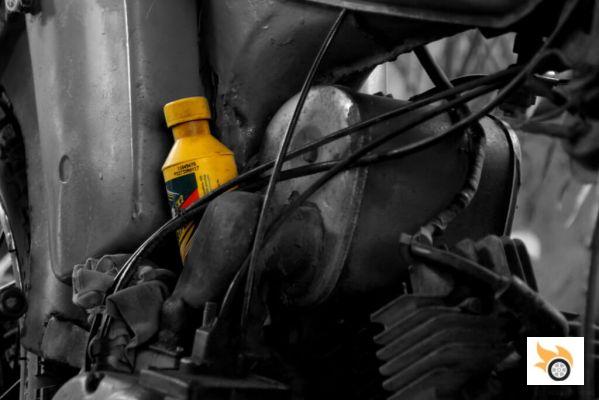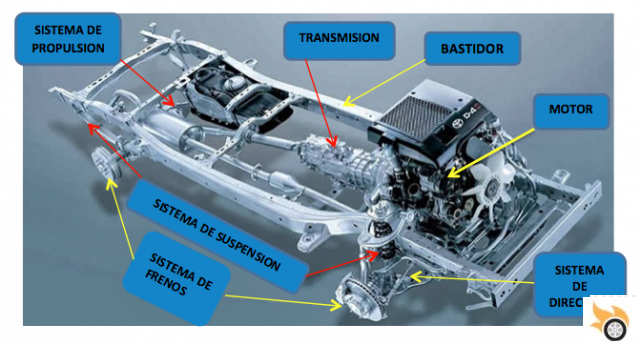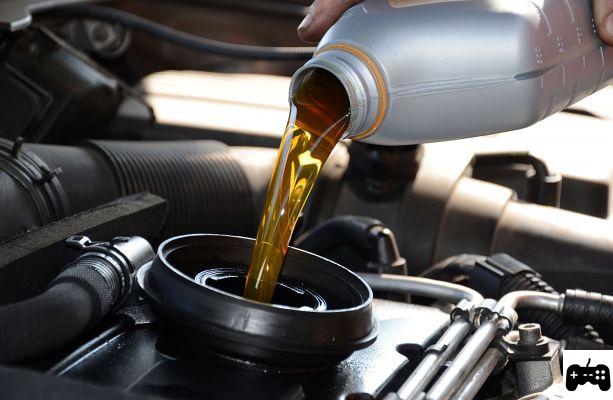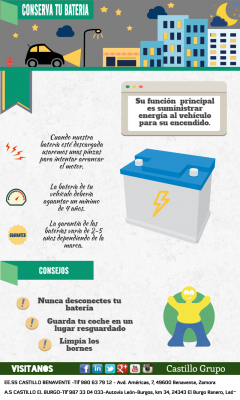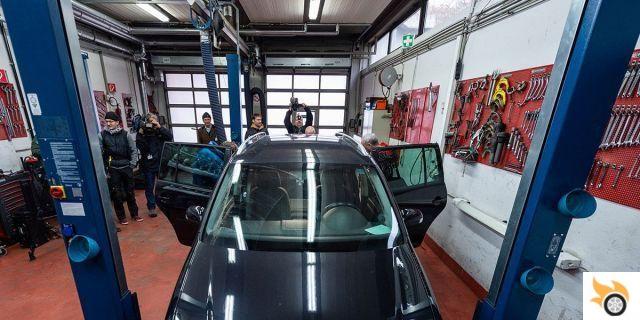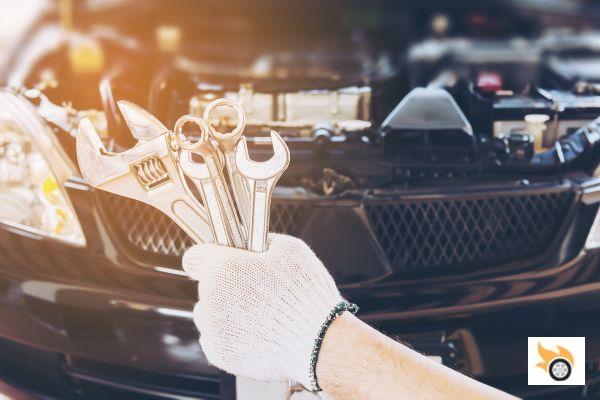
5 things to know before taking your car to the mechanic
For some people going to the mechanic is worse than going to the dentist, for others it's a pleasant routine. No matter which one it is, these 5 simple tips will make your life easier and avoid unpleasant situations with the mechanic.
1. Don't lose your warranty by going to independent garages.
It is sometimes said that when you buy a car, the warranty can only be used in the workshops of the parent company. Therefore, contacting the mechanic at home will result in problems and the loss of the warranty itself.
Let's start by saying that the Consumer Code(D.Lgs. 206 of 6/9/2005) states that every car has 24 months warranty from the seller which can be reduced to a minimum of 12 months, provided that the buyer agrees. Defects can be contested within two months from the maximum expiry of the warranty, technically increasing the duration to 26 months.
Regulation 1400/2002 EC and Regulation (EU) 461/2010, known as the "Monti Clause", stipulate that parent companies are obliged to consider all repairs carried out by independent garages outside their official network as valid for warranty purposes. Therefore, the owner is free to choose where to have coupons or repairs carried out on his car without fear of anything. However, the workshop must follow certain instructions, such as using only spare parts "of equivalent quality to the original" and following the instructions of the parent company.
2. Regenerated used spare parts can be used.
Very often garages have in stock various so-called "remanufactured" spare parts taken, for example, from cars to be scrapped but perfectly functional and revised to the performance of a factory part. The driver can easily choose to use these spare parts, which often greatly reduces the cost of repair, without having problems with the warranty, which usually applies.
3. Don't be fooled by appearances.
Garages are workplaces where lubricants, grease and machinery that leave residues, such as cutters or grinding wheels, are used on a daily basis. So the atmosphere can be scruffy, especially in smaller garages where staff are always busy working on cars. But wait and see, judging by the appearance, the mess may also be indicative of the mechanic's skill and the fact that he has little free time to tidy up and "pack up" the workshop.
What really matters is the professionalism and courtesy with which the customer is treated; after all, it is better to leave the car for two days in a messy garage than two weeks in a perfectly uncluttered one.
4. The older your car is, the less accurate the estimation will be
Unlike in the digital world, where every function and problem is easily identifiable, in the world of mechanics, of which cars are (still) a part, problems can have a myriad of causes, making diagnosis very complicated. Modern garages are equipped with repair/replacement instructions and software that, connected to the car's control unit, helps locate the problem. If these systems are already rough in most modern cars, let alone those that are several years old, where the electronics were still limited. Moreover, the higher the mileage of a car, the more its internal components have been worn and consumed just by normal use, leaving aside the abuse and low maintenance that increases wear and tear.
A trivial activity such as unscrewing a screw or bolt, which takes a few seconds, can take hours if that screw or bolt, already worn out, breaks, forcing the mechanic to remove the part in a different way or having to resort to a colleague with specialized tools. Consequently, presenting an estimate that is accurate and convenient becomes really difficult, if not impossible, leading to misunderstandings and inconveniences when a few hundred euros turn into thousands.
5. Always ask for a test drive
Although it may seem logical to "try to believe" that many of us have just paid for the repair we don't want to do anything more than go out and then, on leaving the garage, we go home and park the car only to discover a few days later that the problem persists. It therefore becomes essential to ask, always politely, to do a test drive, perhaps with the mechanic himself on board, and check that the problem has been completely resolved. If you know someone who is an expert in cars and mechanics, why not use their help and bring them along too?





